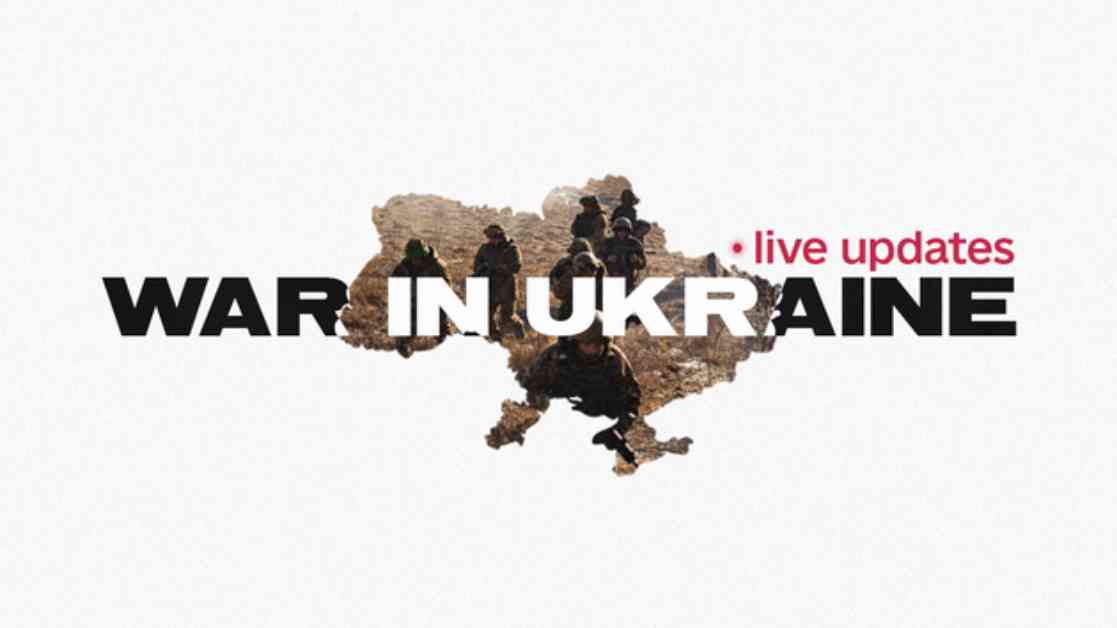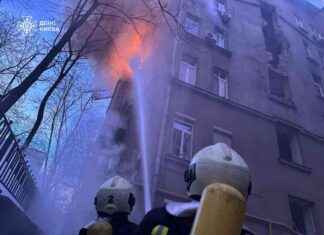JD Vance, the US Vice President, has reportedly made a surprising decision regarding his schedule at the Munich Security Council. Instead of meeting with German Chancellor Olaf Scholz, Vance has chosen to sit down with his rival. This unexpected move has sparked interest and raised eyebrows among political observers and attendees at the international event.
The Munich Security Council is set to kick off on Friday at the prestigious Hotel Bayerischer Hof in Munich, Germany. This annual conference is a pivotal gathering of global leaders, diplomats, and policymakers to discuss pressing international security issues. With Russia’s ongoing invasion of Ukraine at the forefront of discussions, the absence of a meeting between Vance and Scholz has captured attention due to Germany’s significant military contributions to Kyiv.
According to a report from Politico, Vance’s decision not to meet with Scholz has stirred controversy and speculation. Despite the tensions between the two leaders, Vance emphasized the importance of diplomatic protocol and acknowledged Scholz’s role as the German Chancellor. One opponent of Vance’s decision remarked, “I can’t stand Scholz but he is still our chancellor,” reflecting the complex dynamics at play in this high-stakes diplomatic arena.
Expert Analysis on the Diplomatic Rift
Political analysts and experts have weighed in on the implications of Vance’s choice to bypass a meeting with Chancellor Scholz. Dr. Anna Schmidt, a renowned foreign policy expert, highlighted the significance of diplomatic gestures in international relations. “Meetings between high-ranking officials at events like the Munich Security Council carry symbolic weight and can shape perceptions of bilateral relationships,” Dr. Schmidt explained.
The decision to prioritize a meeting with a rival over a key ally like Chancellor Scholz reflects the delicate balancing act of diplomatic engagements. Dr. James Lee, a leading expert on transatlantic relations, noted, “In the complex landscape of international diplomacy, every interaction sends a message. Vance’s choice sends a signal about the current state of US-German relations and the shifting dynamics in global security.”
As the Munich Security Council unfolds, all eyes will be on the interactions and exchanges between leaders from across the globe. The absence of a meeting between Vance and Scholz sets the stage for further analysis and speculation about the underlying motivations and implications of this diplomatic rift.
Insights from the Ground at Munich Security Council
Attendees and delegates at the Munich Security Council have expressed mixed reactions to the news of Vance’s decision. Maria Rodriguez, a seasoned diplomat from Spain, shared her thoughts on the unfolding events. “These diplomatic maneuvers add an element of intrigue to the conference. It’s a reminder that politics is as much about personal relationships as it is about policy,” Rodriguez observed.
Amidst the buzz and speculation surrounding Vance’s schedule, the broader discussions at the Munich Security Council will center on finding solutions to the ongoing crisis in Ukraine. With tensions escalating and global security at stake, the outcomes of these high-level meetings could have far-reaching consequences for the region and beyond.
As the first day of the Munich Security Council approaches, the spotlight remains on the dynamics between key leaders and the intricate web of international relations. Vance’s choice to forego a meeting with Chancellor Scholz underscores the complexities and nuances of diplomatic engagements in a rapidly evolving global landscape. Stay tuned for live updates and insights from the heart of the Munich Security Council as world leaders navigate the challenges of the present moment.

















